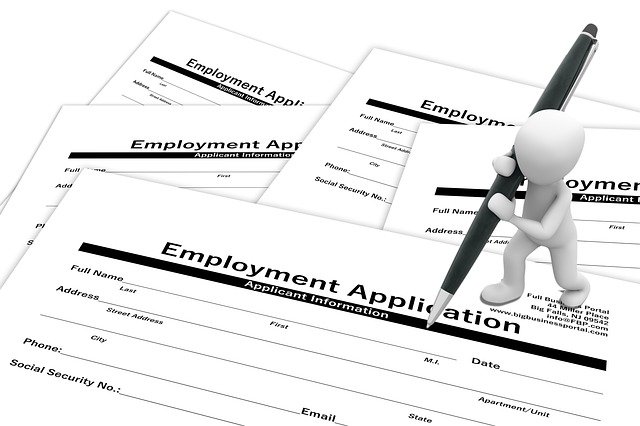 Confidence is an attractive quality. When you get as far as the interview stage, the way you present yourself will have a big influence on how you are perceived.
Confidence is an attractive quality. When you get as far as the interview stage, the way you present yourself will have a big influence on how you are perceived.
Outwardly, confidence is all about body language. You don’t have to be a confident person to act like you are confident. Confidence can be practiced/faked. Amy Cuddy does a great TED talk about this called “Your body language may shape who you are“. The idea being “fake it until you make it”, or better still, “fake it until you become it”. Take 20 minutes out of your day and watch this video. You will not regret it!
Questions have been raised over the science behind these claims, but I am a firm believer in this. I’m not naturally a confident person. I wasn’t born able to stand in front of hundreds of people and present. It is a skill I’ve worked on, and still do. Over time you adapt and it gets easier. Remember, “fake it until you become it”. 🙂
I have another series devoted to public speaking tips where I discuss this. Unless you’ve practiced speaking in public, how do you hope to present yourself properly in an important interview? If you’ve presented to a few hundred people, sitting in an interview panel will be simple.
Work on your verbal and written skills so you can present yourself in a confident manner, even if you are internally bricking it. 🙂
Check out the rest of this series here.
Cheers
Tim…
I’m really sorry for saying this, but the evidence is mounting that “power poses” do not improve confidence. It’s just one of several important papers in psychology that later turned out that could not be replicated.
http://fortune.com/2016/10/02/power-poses-research-false/
Which is a shame, because it encouraged people to go out and talk in front of people and help everyone. All I can say is this to anyone considering speaking in front of an audience:
1. People are interested what you have to say. Honestly. They’re not there to judge you, even if that’s what a lot of potential speakers think it is. Most of you respect you for being out there.
2. Don’t make it to hard on your audience. You think they all know what you know, but instead only 2 or 3 people know the same you do. Ask them to raise hands “do you know X?” They didn’t? See, that’s what I mean.
3. Yes, some might ask difficult questions, but saying “I don’t know” is not a bad thing. In the best case you get new ideas to pursue.
4. I sucked at doing presentations in the beginning. People literally fell asleep (after lunch and it was rather warm, but still). But I honed my skills and I read books like Presentation Zen by Garr Reynolds and The Presentation Secrets of Steve Jobs by Carmine Gallo. And now I like to make a little party out of it that people hopefully remember.
Marcel: I guess I take something different away from the TED talk than you. Example. Some actors and singers are shy and awkward. They are able to play a part of a confident person, without them being personally confident. For want of a better term, they are faking that personality.
I don’t believe pretending to be confident does anything to your hormones etc. I do believe it allows you to do things that you might not otherwise do. Having experienced those things several times, you learn that they are not the worst thing in the world, so you become more confident in that situation.
It may be placebo. It may be something that only certain personalities can benefit from. I don’t know, but I believe this is something that has helped me. Maybe that belief if misplaced, but I’ve benefited. 🙂
Cheers
Tim…